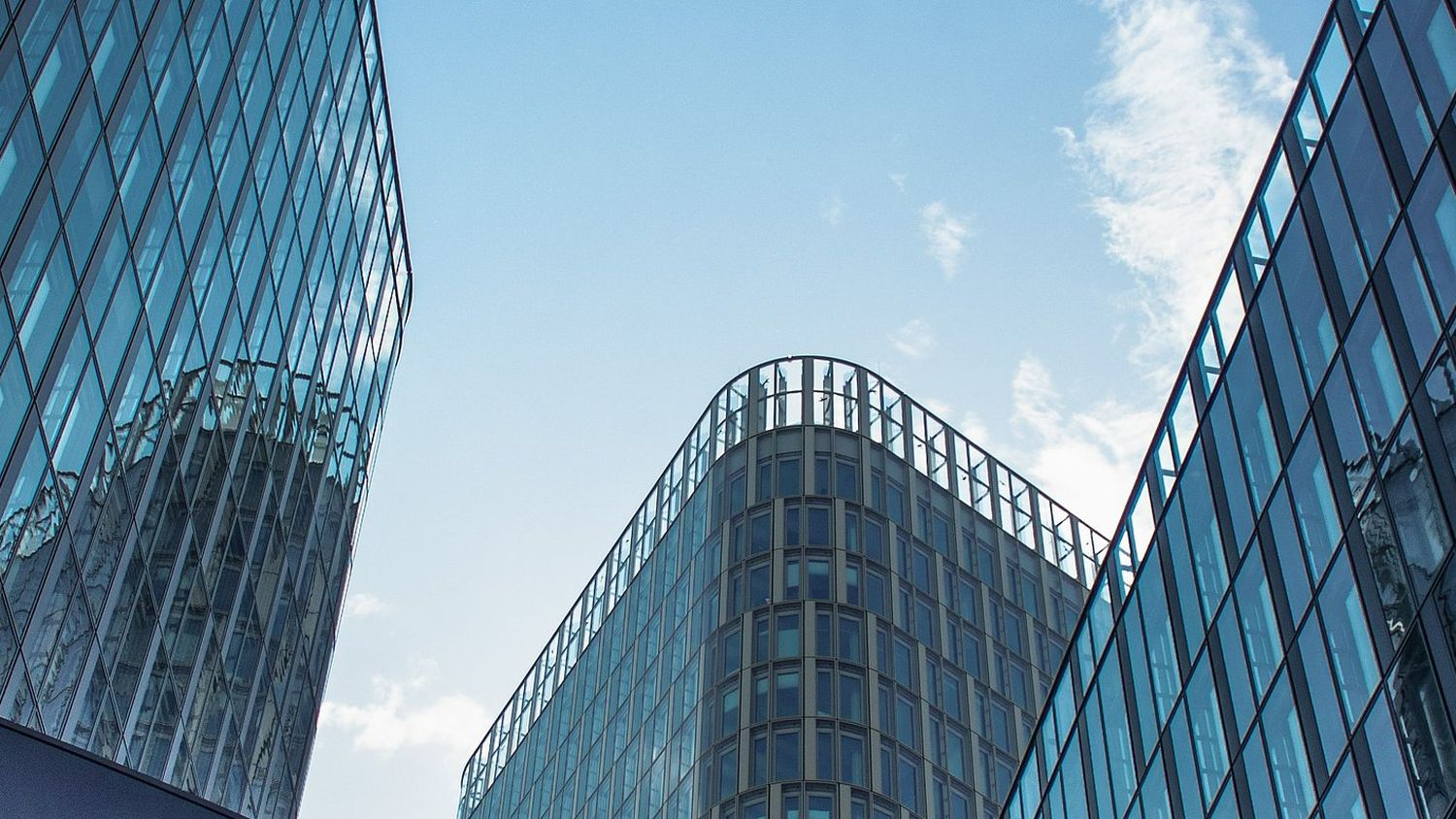How has Dentons' real estate client portfolio evolved over the past 12 months, and what are your expectations for next year?
Our real estate portfolio has seen steady growth, fueled by strategic investments and a sharper focus on key sectors. We have been involved in a wide range of projects—from office spaces and retail hubs to data centers, logistics facilities, hotels, and residential developments. Our team has been at the heart of major real estate ventures, advising on everything from renewable energy initiatives to large-scale financing for private equity and real estate funds, as well as asset managers and publicly listed companies. We are also working with top agribusiness investors who are driving new trends in land acquisition and development.
Looking ahead, we are optimistic. We expect demand to remain strong, particularly in areas like sustainable development and renewable energy, as market dynamics continue to evolve.
Which segments of the real estate market have driven the greatest demand for your services in the past year? Do you foresee any changes in the near future?
The data center and logistics sectors have been our busiest areas, which reflects the broader shifts towards digitalization, the e-commerce boom, and companies optimizing their supply chains. We are seeing investments in infrastructure to support the digital economy. At the same time, the push towards renewable energy is accelerating, and we have been busy here too. There is also a growing interest in mixed-use developments, which combine living, working, and retail spaces under one roof.
As we look to the future, these sectors will likely stay strong. But we are also anticipating a bigger focus on green building projects and ESG compliance. Investors are increasingly driven by sustainability—energy-efficient buildings, eco-friendly materials, and practices that reduce environmental impact are becoming the new norm. It is an exciting time for real estate, with these trends shaping how the market develops in the coming years.
Are you noticing any changes in the structure of commercial leasing agreements?
Absolutely. Leasing agreements have become more flexible as businesses adapt to economic uncertainties and shifting models. We are seeing shorter lease terms and clauses that allow for more adaptive occupancy options. This is a trend we expect to continue, with flexibility becoming key in the commercial real estate sector.
What emerging real estate niches are attracting a growing number of investors to Romania?
Romania is on the rise in a few exciting niches. Logistics hubs and data centers are leading the way, driven by the need for better infrastructure to support digital growth and supply chain optimization. Renewable energy projects are also picking up steam as sustainability becomes a major focus for investors.
A standout niche is the growing interest in the Private Rented Sector (PRS) for residential spaces. With more people renting in urban areas, there is a real opportunity here for developers. Data centers are another hot spot, fueled by the surge in digitalization, 5G rollout, and cloud adoption. On top of that, we are seeing the rise of PropTech—real estate technology solutions that are revolutionizing how properties are managed and developed. These innovations are attracting forward-thinking investors to Romania's market.
What challenges are there in implementing ESG criteria in real estate projects from a legal perspective?
Implementing ESG standards in real estate is a balancing act. The regulatory landscape is constantly shifting, and developers must stay on top of both local and EU-wide rules while keeping investors happy. One of the biggest challenges is building flexibility into long-term projects so they can adapt to regulatory changes without sacrificing compliance.
ESG is not just about ticking legal boxes—it is a financial and operational puzzle, too. Sustainability can affect everything from development costs to a property's appeal in the market. Those who get it right are set for long-term success as the industry moves more toward green initiatives.
How does Romania stack up against other CEE markets in attracting foreign investment in real estate?
Romania is holding its own as a competitive player in CEE. Investors are drawn by the country's strategic location and skilled workforce, not to mention the favorable yields on offer. Yes, there are challenges—especially in terms of infrastructure—but Romania's dynamic growth potential makes it an attractive market for foreign investment.
Are there any major legal changes that property companies should be aware of?
A big change on the horizon is the introduction of legislation that will establish a framework for Real Estate Investment Companies (SII), similar to globally recognized REITs (Real Estate Investment Trusts). This could open up a whole new world of investment opportunities in Romania. The law is currently being debated in Parliament, and we expect it to be passed soon, with strong backing from the governing coalition. Property companies should keep an eye on this development—it could significantly impact how they approach real estate investment in the future.
Is Romania on the radar of new property investments looking to expand their presence in the region?
Romania is firmly on the map for property investors in CEE, drawing attention from both regional and global players. A few key factors make it an increasingly attractive destination.
First off, Romania's strategic location at the intersection of major European trade routes makes it a prime spot for logistics and industrial developments. As global supply chains become more important, companies are keen to tap into Romania's growing infrastructure and easy accessibility, using it as a hub to establish or expand their regional presence.
The residential real estate market is also booming. Urbanization, combined with Romania's competitive property prices compared to other European countries, has made it a hotspot for developers and investors alike. The rising middle class and demand for modern living spaces are fueling large-scale residential projects, especially in major cities like Bucharest, Cluj-Napoca, and Timișoara.
Additionally, Romania's focus on sustainability and green building initiatives aligns perfectly with the global ESG trend. More and more international investors are prioritizing projects that meet sustainability standards, and Romania is positioning itself as a key market for eco-friendly real estate investments.









